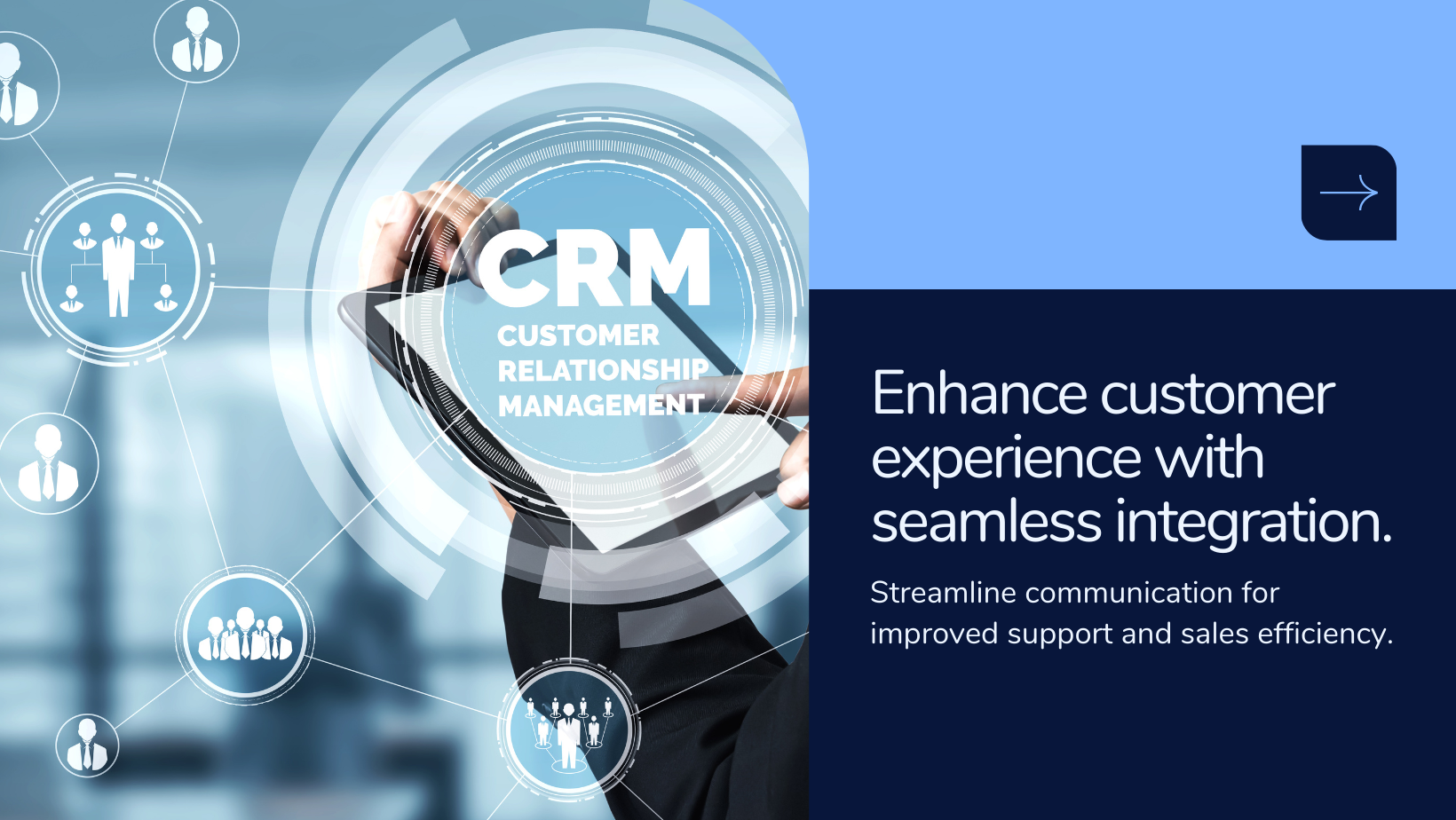Data-Driven Triumph: How D2C Brands in India Harness Data for Unstoppable Success

In the digital age, data has emerged as a valuable asset for businesses, especially for Direct-to-Consumer (D2C) brands in India. The ability to gather, analyze, and utilize data effectively has transformed the way D2C brands operate and achieve success.

This comprehensive guide explores the profound impact of data-driven decision-making on the success of D2C brands in India. From customer insights to targeted marketing strategies, data-driven approaches empower D2C brands to thrive in a competitive market.
In the fast-evolving landscape of commerce, Direct-to-Consumer (D2C) brands in India have risen to prominence, disrupting traditional business models and establishing themselves as formidable players. A significant factor behind their unstoppable success is their adept utilization of data-driven strategies.
In this blog, we will explore how D2C brands in India harness data to make informed decisions, optimize customer experiences, and achieve remarkable triumphs in the competitive market.
Understanding Data-Driven Strategies
Data-driven strategies revolve around the collection, analysis, and interpretation of customer data to inform business decisions. By leveraging data analytics, D2C brands can gain insights into customer behavior, preferences, and market trends, allowing them to tailor their products and marketing efforts effectively.
- Personalized Customer Experiences
D2C brands harness data to understand individual customer preferences and behaviors. By analyzing past interactions, purchase history, and online activity, brands can personalize product recommendations and targeted marketing campaigns. Personalization enhances customer satisfaction, loyalty, and ultimately, drives repeat purchases.
3. Product Innovation and Optimization
Data-driven insights enable D2C brands to identify gaps in the market and develop innovative products that meet customer needs and desires. Additionally, continuous data analysis allows brands to optimize existing products based on customer feedback, ensuring ongoing relevance and competitiveness.
4. Efficient Marketing Strategies
Data analytics empowers D2C brands to optimize their marketing efforts by identifying high-converting channels, understanding customer response to campaigns, and allocating resources efficiently. This data-driven approach ensures maximum ROI and enhances brand visibility.
5. Supply Chain and Inventory Management
By analyzing historical sales data, D2C brands can predict demand patterns and adjust their supply chain and inventory management accordingly. This data-driven approach minimizes stockouts and excess inventory, reducing operational costs and improving overall efficiency.
6.Customer Retention and Loyalty
Data-driven strategies aid in identifying potential churn risks and provide insights into customer preferences. D2C brands can use this information to implement retention tactics, such as personalized loyalty programs, exclusive offers, and engaging content, to keep customers loyal and satisfied.

Success Stories of Data-Driven D2C Brands in India
boAt Lifestyle: With a data-driven approach to product design and marketing, boAt Lifestyle, an audio accessories brand, has become a household name in India. They analyze customer feedback and online reviews to continuously improve their products, leading to unparalleled customer satisfaction and brand loyalty.
Mamaearth: As a natural and toxin-free personal care brand, Mamaearth thrives on data-driven strategies. By analyzing customer feedback and preferences, they develop products that resonate with their target audience. Their personalized marketing campaigns further contribute to their rapid growth and popularity.
Wakefit: Wakefit, a disruptive mattress and sleep solutions brand, uses data analytics to optimize their product range and online presence. By understanding customer needs and investing in personalized user experiences, they have achieved remarkable success in a competitive market.
Lenskart: An eyewear D2C brand, Lenskart relies heavily on data to offer personalized frame recommendations based on facial measurements. Their data-driven virtual try-on feature has revolutionized online eyewear shopping in India, boosting customer satisfaction and conversion rates.
Conclusion
In the era of data-driven decision-making, D2C brands in India have harnessed the power of data to achieve unprecedented success. By leveraging data analytics, these brands optimize customer experiences, drive product innovation, and refine marketing strategies to create a winning edge in the market.
The ability to collect, analyze, and interpret data empowers D2C brands to stay agile, relevant, and customer-centric in an ever-changing business landscape. As data continues to be the driving force behind their triumphs, D2C brands in India remain unstoppable, setting new benchmarks of excellence in the world of commerce.
- As D2C brands continue to harness the power of data, they can create personalized, innovative, and efficient solutions, ultimately solidifying their position as industry leaders. Embracing data-driven decision-making is not only crucial for present success but also paves the way for future growth and sustainable expansion in the dynamic Indian market.
FAQs
- 1. What is data-driven decision-making, and how does it benefit D2C brands?
Data-driven decision-making is the process of using data and analytics to inform business choices. For D2C brands, it empowers them with valuable insights into customer behavior, market trends, and operational efficiencies, leading to informed and strategic decisions that drive success. - 2. How do D2C brands collect and analyze customer data for personalization?
D2C brands collect customer data through various touchpoints, such as website interactions, purchase history, and social media engagement. They use data analytics tools to analyze this information, gaining valuable insights into customer preferences and behavior. This enables them to tailor personalized product recommendations and marketing campaigns. - 3. Can data-driven strategies improve the overall customer experience for D2C brands?
Absolutely! Data-driven strategies allow D2C brands to understand customer preferences and pain points better. By offering personalized products, efficient customer support, and targeted marketing, they enhance the overall customer experience, leading to increased satisfaction and loyalty. - 4. How does data help D2C brands in anticipating customer needs?
Data analytics enables D2C brands to predict customer needs through predictive modeling. By analyzing past purchasing behavior and engagement patterns, brands can anticipate what products or services customers might be interested in next, enabling proactive and timely offers. - 5. How can data segmentation drive targeted marketing strategies for D2C brands?
Data segmentation involves categorizing customers into distinct groups based on shared characteristics. This allows D2C brands to create targeted marketing campaigns that resonate with specific customer segments, leading to higher conversion rates and improved ROI. - 6. What role does data analysis play in optimizing supply chain and inventory management?
Data analysis helps D2C brands forecast demand accurately, manage inventory levels efficiently, and reduce supply chain bottlenecks. This results in improved cost-effectiveness, reduced wastage, and streamlined operations. - 7. Can data-driven product development lead to innovation for D2C brands?
Yes, data-driven product development allows D2C brands to identify gaps in the market and customer preferences. By gathering feedback and insights from customer data, brands can innovate and create products that align with customer needs, boosting brand loyalty and attracting new customers. - 8. How can D2C brands leverage data for successful partnerships and influencer marketing?
Data analytics aids D2C brands in identifying potential influencers and partners with an audience that aligns with their target market. By using data-backed metrics, brands can measure the effectiveness of influencer campaigns and make informed decisions for future collaborations. - 9. How do D2C brands measure the success of their data-driven marketing campaigns?
D2C brands use key performance indicators (KPIs) and data metrics, such as conversion rates, customer engagement, and return on investment (ROI), to measure the success of their data-driven marketing campaigns. This data helps them refine strategies and optimize future campaigns. - 10. Is data-driven decision-making essential for all sizes of D2C brands in India?
Yes, data-driven decision-making is crucial for D2C brands of all sizes. Whether a small startup or an established brand, leveraging data insights helps in understanding the market, making informed choices, and staying competitive in the ever-evolving D2C landscape.




